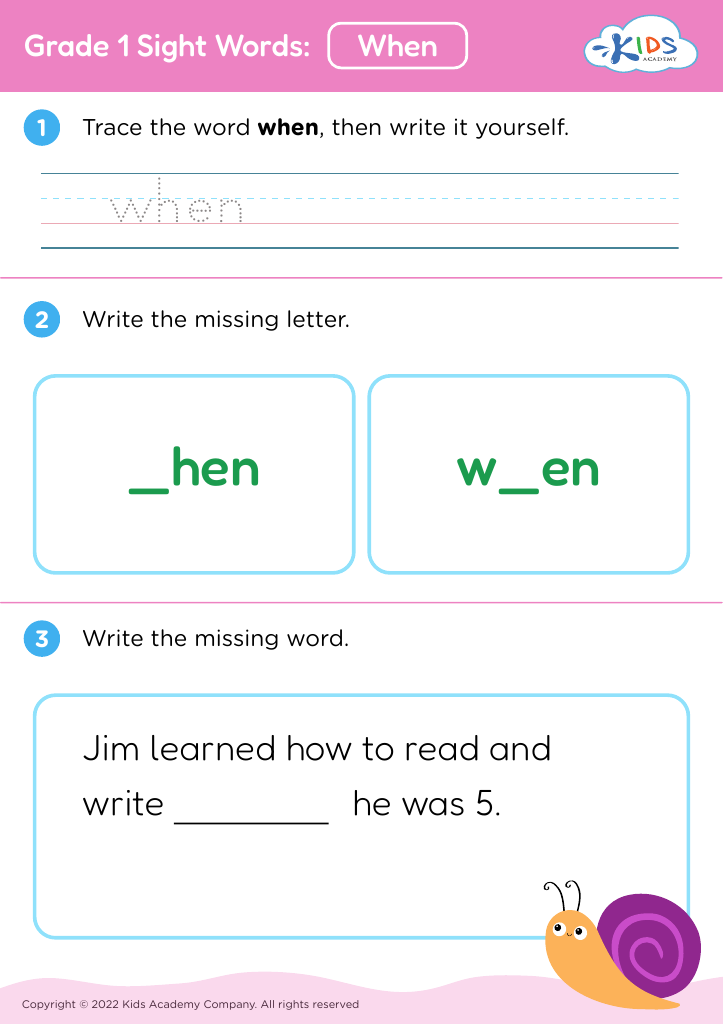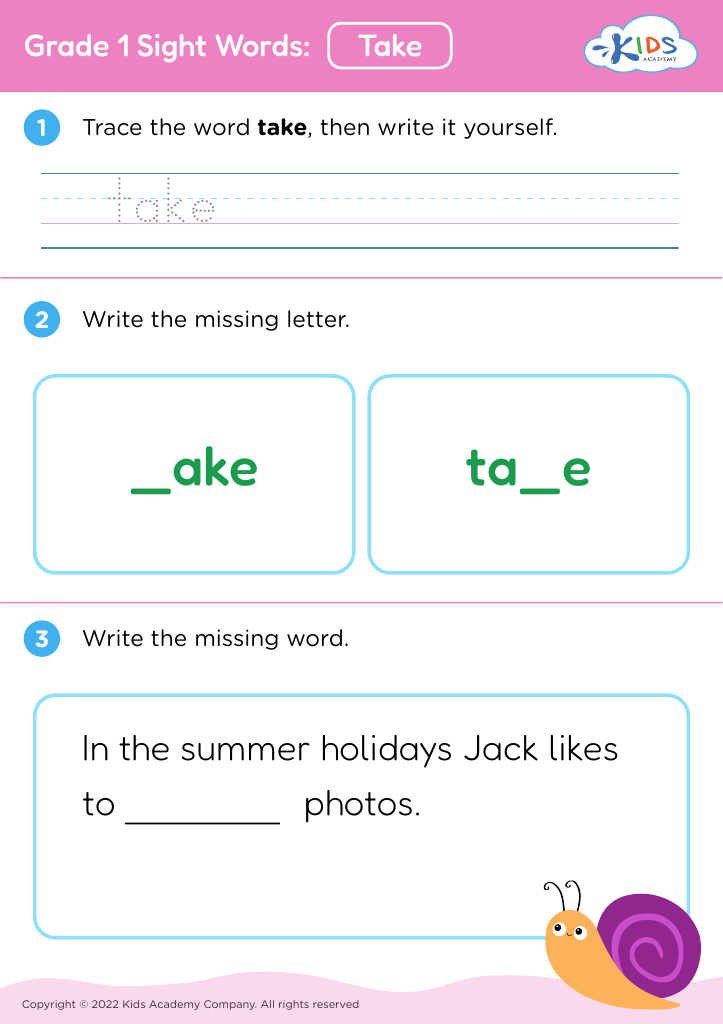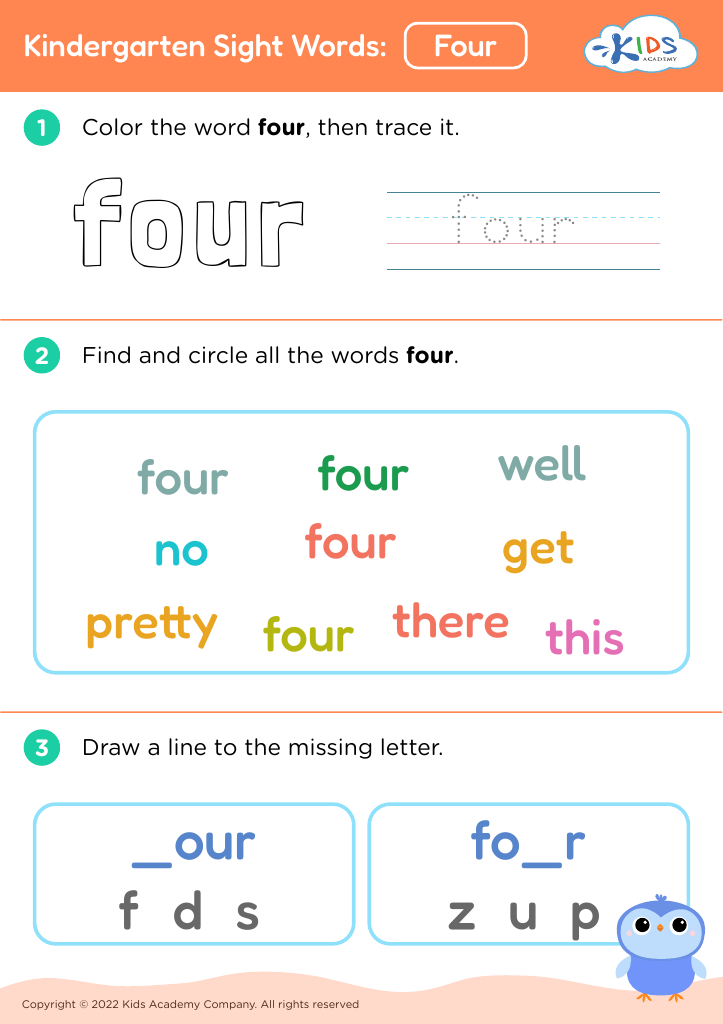Subtraction practice Building Vocabulary Worksheets for Ages 5-6
3 filtered results
-
From - To
Boost your child's math skills while enhancing their vocabulary with our engaging Subtraction Practice Building Vocabulary Worksheets designed for ages 5-6! These interactive worksheets not only introduce essential subtraction concepts but also incorporate vocabulary-building exercises that promote language development. Each worksheet is thoughtfully crafted to help young learners grasp subtraction through fun activities, real-world scenarios, and colorful illustrations. As they solve problems, children will encounter relevant words, enhancing their comprehension and language skills simultaneously. Perfect for homeschooling or supplemental learning, our resources aim to unlock the joys of math and reading in a playful, supportive environment. Start building knowledge today!
Subtraction practice in early education is crucial for developing mathematics skills, but its benefits extend beyond mere number fluency; it also significantly contributes to vocabulary building for children aged 5-6. When students engage in subtraction activities, they often use language to explain their thought processes—terms like “more,” “less,” “take away,” and “difference” frequently arise. This verbal engagement not only solidifies their mathematical understanding but also enhances their vocabulary development.
Parents and teachers should be invested in promoting subtraction practice, as it forms the foundation of critical thinking and problem-solving abilities. Involving children in discussions about subtraction can encourage them to formulate questions, make predictions, and articulate their reasoning. Moreover, learning the language associated with subtraction helps children grasp formal mathematical vocabulary they will encounter in more advanced studies.
Supporting subtraction practice also fosters a positive attitude toward math and encourages exploration. The more familiar children are with mathematical concepts and language, the more confident they become in their abilities. Consequently, it's essential for parents and teachers to create an environment where subtraction practice is frequent and fun, enticing children to explore numerical relationships and ultimately supporting their overall academic growth.


































